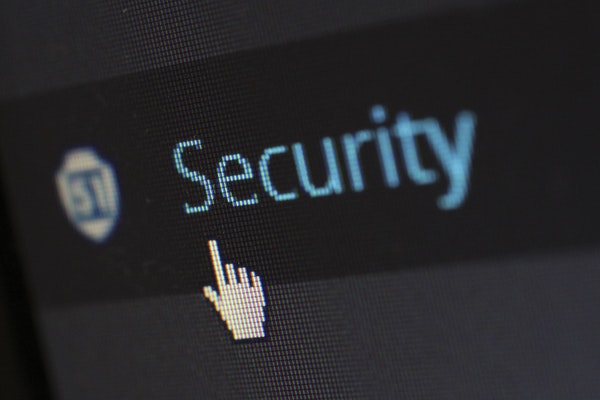Bake a cake and change your passwords, it’s National Cyber Security Awareness Month! While most of us find it annoying to change passwords every 90 days or meet a long list of password criteria, there are extremely good reasons to be as tricky as possible, like avoiding identity theft and unwelcome debt. Since October is dedicated to cyber security, let’s review some ways to stay safe online.
Cyber security protects your devices, networks and personal information from attacks that intend to maliciously remove or manipulate your data. Don’t worry, there are plenty of preventative measures to stay safe from a cyber attack, and they don’t involve throwing your computer out and deleting all your online accounts. Here is a great list of simple steps to take toward a healthy cyber security environment from ACCC and the Department of Homeland Security:
- Set strong passwords and don’t share them with anyone
- Keep your operating system, browser and other critical software optimized by installing updates
- Maintain an open dialogue with your family, friends and community about Internet safety
- Limit the amount of personal information you post online and use privacy settings to avoid sharing information widely
- Watch out for online forms that ask for sensitive information from unknown websites
- Be cautious about what you receive or read online—if it sounds too good to be true, it probably is
- Do not open or click on anything suspicious or unknown to you
- Before downloading e-mail attachments, make sure it’s from someone you know and that they have not been compromised themselves
What happens if someone does hack your personal information? Unfortunately, cyber security opens the door to identity theft and its fallout. Identity theft occurs when someone uses your personal information such as your name, Social Security number, credit card number or other identifying information, without your permission to commit fraud or other crimes. Identity thieves can gain access to your bank accounts or apply for a new credit card or utility account in your name. Without your knowledge, large debts accumulate connected to your name and social security number.
If you find yourself the victim of identity theft, there are definitive steps that you can take to resolve the situation and get out of debt if any has turned up.
- Place a fraud alert on your credit reports, and review your credit reports
- Close the accounts that you know, or believe, have been tampered with or opened fraudulently
- File a complaint with the federal trade commission
- File a report with your local police or the police in the community where the identity theft took place
The best way to address identity theft is to take preventative measures like the steps listed above. While no strategy is a guarantee against cyber attacks and identity theft, taking action will minimize your risk. Be sure to review your family’s strategies against cyber attacks and identity theft regularly.
If you’re struggling to pay off debt, schedule a free credit counseling session with us today.






